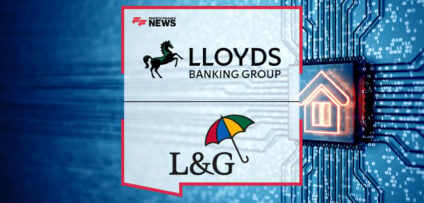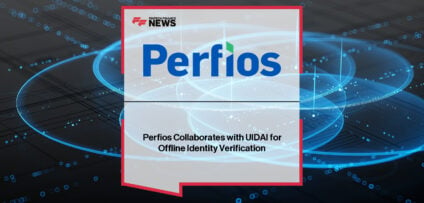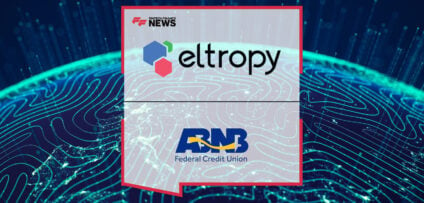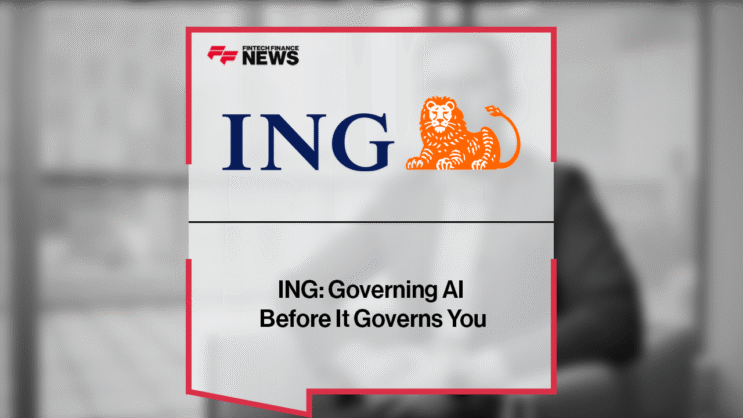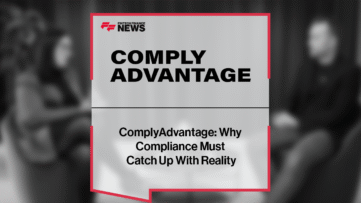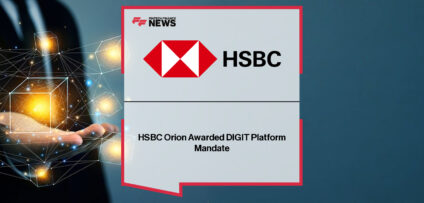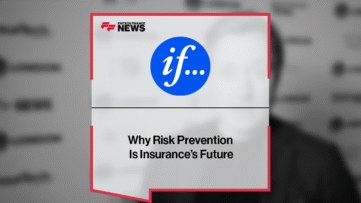Breaking News

Banking for Sustainability: An Interview with EMBank’s Sarp Demiray & Justinas Dedela
European Merchant Bank (EMBank) is dedicated to sustainability in its operations and services. To gain insight into their sustainability efforts and mindset, we spoke with EMBank’s CEO, Sarp Demiray, and Head of Local Sales & Deputy CEO, Justinas Dedela.
The two shared their thoughts on the importance of sustainability in the banking industry, how EMBank is applying environmentally responsible practices, the current challenges they encounter, and future plans for continued sustainable efforts.
The conversation shed light on EMBank’s commitment to sustainability and proactive approach to creating a better future for all.
Q: There’s been an increasing emphasis on sustainability over the past decade. But is it taking a foothold in business practices, as well as in the community?
Sarp Demiray: For many businesses, sustainability is not a core practice, and their agenda often is using sustainability as a leverage for marketing. Some initiatives do prioritize sustainability, but to a limited extent and with sub-par results. More significant outcomes will depend on strong incentives, and measures taken for lack of sustainability practices.
Justinas Dedela: We can evaluate the corporate practices on sustainability by dividing companies into three groups:
The first group incorporates large businesses. They determine their own sustainability initiatives and follow them with a particular mindset, such as; calculating and optimizing their carbon footprint or undertaking nationwide or global-scale sustainability practices throughout their organization.
The second group contains medium-sized companies. They take sustainability as a marketing practice, as Sarp mentioned. There’s more talk of sustainability than taking action for it. Their approach can only be changed by regulations.
The last group is micro businesses. Their proximity to sustainability is directly parallel to their shareholders. If the business owner or a shareholder minds about sustainability issues, so does the company. While there are no strong regulations on businesses for sustainability, I do not foresee any widespread change.
Q: Lithuania has a deep focus on sustainability and is one of the leading countries in the EU regarding sustainability efforts. What is the current status in terms of investments and financing?
Sarp D.: I have encountered real-life examples of sustainability actions in Lithuania, particularly Vilnius. The significance given to renewable energy is not solely for sustainability but also for energy needs. This is not particularly a result of the Russian – Ukraine war but has been present for 3 – 4 years since before that.
In our daily life in Lithuania, we see more and more charging stations, exclusive lanes for EVs, recycling programs, and solar panels around the country. The government also protects the environment with green spacing in urban planning. Sustainability practices are more commonplace in Lithuania than in many other European countries.
Justinas D.: Sustainability is a hot topic in Lithuania. After the start of the Russian – Ukraine war, it became general knowledge that the country itself could not generate even half of the electricity needed. This put heavy focus on renewable energy as it became clear that dependency on imported conventional alternatives posed a problem. It is clearly a dependency issue. Suddenly, discussions on sustainability and green energy shifted from being a side dish to the main course.
Public’s mindset has been changing too. Personally, I already have some solar panels on my roof. Energy prices are booming. But it is less prevalent from the business point of view. For companies, it is very difficult to evaluate the short and long term benefits of significant investments in green energy. Incentives and financing focused on sustainability could encourage more businesses to take action sooner and at a bigger scale.
Current incentives provided are not effective, they require significant investment and are hard to get. They sound unrealistic, especially for mid-sized or small businesses. There is potentially an interesting business case here, for the government, for banks and for businesses of all sizes.
Q: What steps is the banking industry taking for sustainability-focused financing?
Sarp D.: The banking industry is certainly having an inclusive stance towards ESG (Environmental, Social, and Corporate Governance). Banking associations are initiated for ESG regulations. In short, the banking industry has a favorable outlook on sustainability, and many companies are interested in investing in renewable energy. But there are several pain points to financing these investments. Foremost of all, in most cases the collateral is missing.
Justinas D.: We feel that the government will use new means to change society’s approach towards sustainability, such as pricing measures or integrating sustainability requirements into accessing bank capital. In other words, if your business is not sustainable enough, you’ll need to pay more for certain services or have a difficult time accessing financing with favorable terms. We feel that banks will have a defining role in sustainability in the next 10 – 15 years.
Q: How does EMBank fit in?
Sarp D.: We already have an ESG focus on credit decisions. Our risk department includes ESG topics in its plans.
Justinas D.: We are asking customers about their measures on sustainability. It is not a showstopper yet, but we help customers consider this a business criterion.
Sarp D.: EMBank has financing options for vehicles. In such options, Euro6 is a standard for trucks.
Justinas D.: On our price list, we include special offers. For example in leasing, we offer discounted rates if the vehicles leased produce less CO2. Many banks in the market exercise similar practices. But financing requires collateral and everything related to renewable energy, including electric vehicles, costs quite a lot, compared to alternatives.
Sarp D. & Justinas D.: We also focus on sustainability in our internal operations. For example, we chose not to have a larger office. We have 60 remote-working employees. We don’t have paper documents to sign in our onboarding process, it’s all carried out via digital alternatives.
About EMBank
As a dynamic bank licensed by the European Central Bank, EMBank offers a variety of traditional banking services as well as financial technology solutions. All in the spirit of best banking practices and the latest European regulatory guidelines.
Our goal is to combine deep banking expertise with digital era opportunities and the ultimate face-to-face assurance to empower you and enable your growth.
We take pride in our courage to play the role of an enabler, focusing especially on the unbanked and underbanked businesses and consumers.
To learn more about EMBank, please visit https://em.bank/
People In This Post
Companies In This Post
- ING: Governing AI Before It Governs You Read more
- ComplyAdvantage: Why Compliance Must Catch Up With Reality Read more
- Admiral Group Acquires Flock to Drive Innovation in Commercial Motor Market Read more
- HSBC Orion Awarded DIGIT Platform Mandate Read more
- Valentine’s Day Shopping Goes Agentic as Checkout.com Data Reveals Rise in AI-Led Gifting Read more







